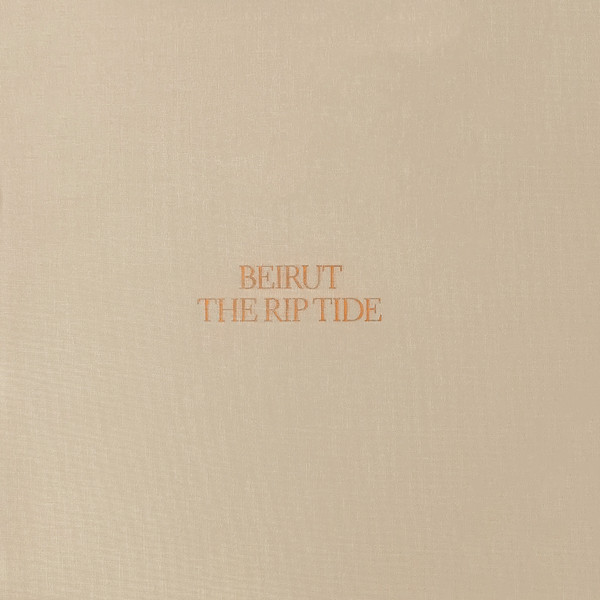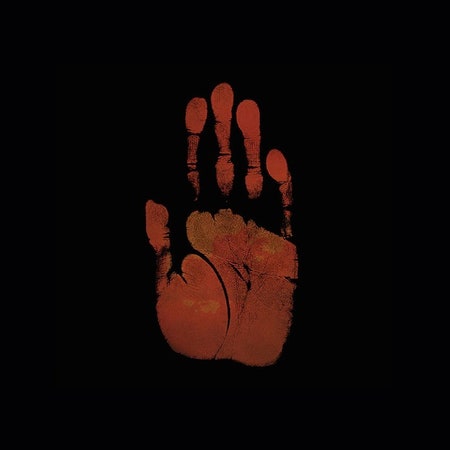
REVIEW: BEIRUT – THE RIP TIDE (2011)
To call Beirut a band has always seemed inaccurate. Troubadour troupe has a nice ring to it, but it’s awfully long.
Since their debut in 2006, the group has presented itself as a worldly entity, borrowing musical bits and pieces from around the globe. Thus far they’ve taken listeners to the Balkans, France and Mexico through lyrics and instrumentation (no plane tickets or passport required).
Travel has always been a constant in Beirut’s music, but with their latest effort and third LP, The Rip Tide, the band is resting its weary heels and staying closer to home. Yes, some song titles take the names of locations, but they’re domestic this time around (“Santa Fe,” “East Harlem”). And the lyrics are some of the least fantastical frontman Zach Condon has written and recorded to date. Instead, they take on a much more personal tone.
Love, loneliness and the uncertainty of youth are common themes on this album. Keep in mind, Condon is 25 years old. The band’s impressive debut, Gulag Orkestar, was released when he was just 20. Other musicians of his age may try to boast about being weathered and experienced. But Condon makes no excuses or bloated boasts. “I’m just too young,” he sings in “Santa Fe,” a song named for his hometown. In “Payne’s Bay,” he sings, “headstrong, today I’ve been headstrong,” perhaps lamenting decisions made on youthful impulse.
Of course, the travel theme is still present, but rather than try to get lost, the singer is trying to find his way home. “Vagabond” speaks of leaving a trail of bones and stones while journeying in order to find the way back, but still ending up “lost and not found.”
Several of the songs on the album steer clear of typical song formats featuring defined verses, bridges and choruses, opting instead for a repetitive chant style that almost becomes meditative. The lyrics in the album’s title track repeatedly say, “This is the house where I feel alone, feel alone now. This is the house where I could be unknown, be alone now,” possibly speaking of what could be had Condon not found such early success. Most of “The Peacock” consists of the lyric, “He’s the only one who knows the words.”
The lyrical content isn’t all that’s changed since Beirut’s last full album. Production is crisper on The Rip Tide. Condon’s vocals – as ever, part Eastern European folk and part 1920s jazz singer – are brought more to the forefront this time around, rather than layered in and muddled by the elaborate instrumentation. Backing vocals are more polished – there are fewer instances of layers of Condon imitators singing behind him. The piano takes a central role more so than on previous albums, and the synthesizer accompanies the horn section and drums more often. As usual, you’ll never hear a guitar take the leading slot. Overall, what we’re getting is the same Beirut, but in a more matured and polished manner.
Condon and his band of merry music-makers are taking strides in further developing their already unique sound. From the sound of The Rip Tide they’ll be going places for a long time to come – after all, there’s still a lot of the world they haven’t taken us to yet.
The album is already available on iTunes and hits stores in physical form Aug. 30. Until then, NPR is streaming The Rip Tide in its entirety here.
Rating: 8.8/10




Post a comment